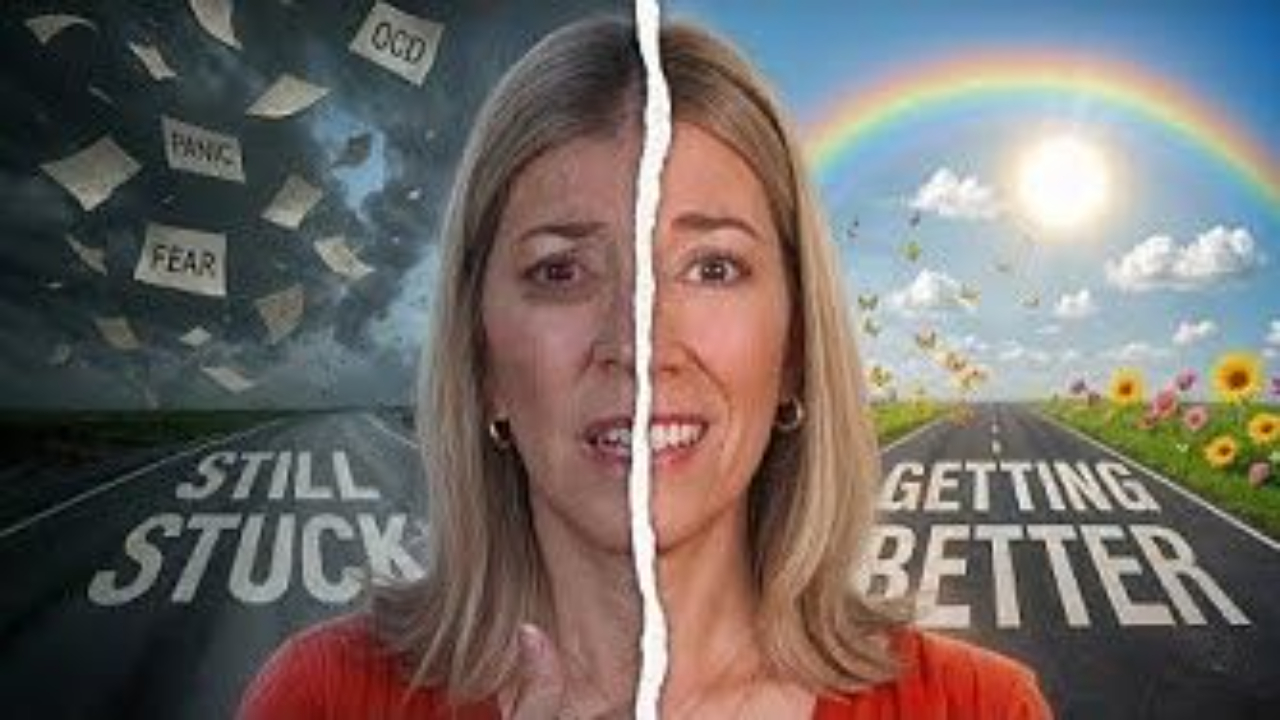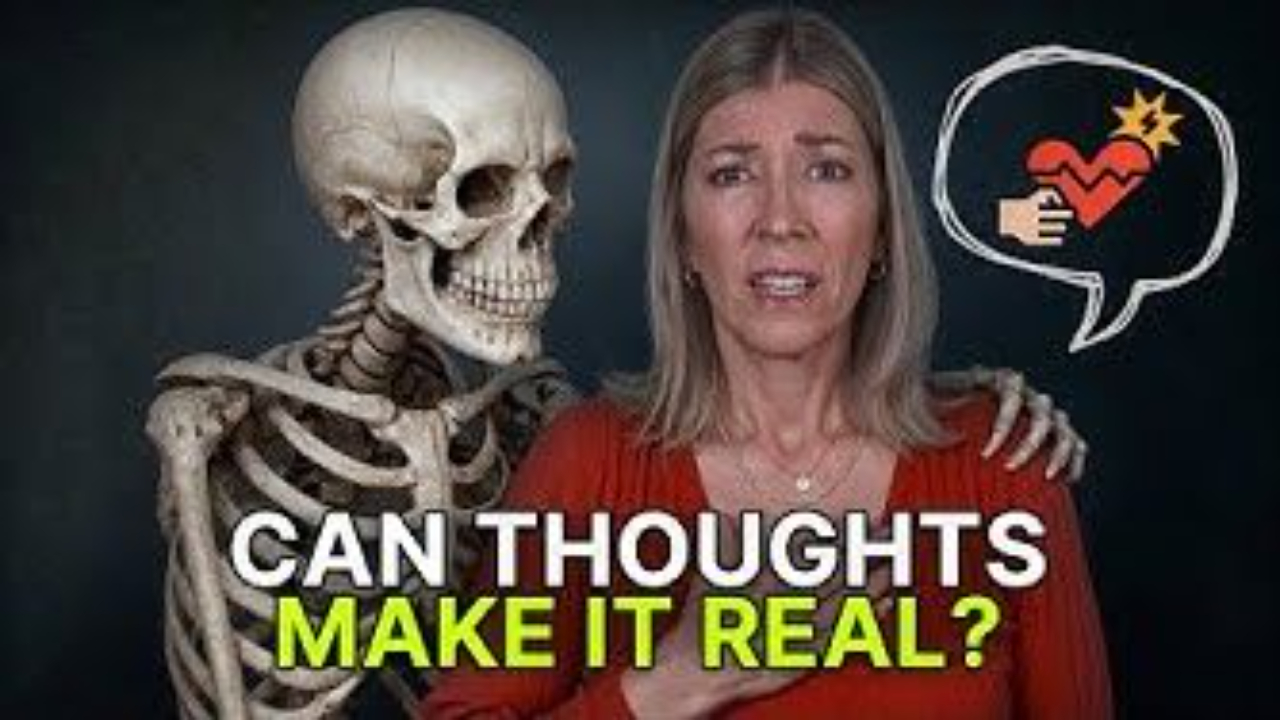
Driving Phobia & Exposure Tips Q&A
In this Q&A session, we address common concerns and questions related to driving phobia and exposure therapy. Understanding the intricacies of exposure therapy and its impact on the brain can be pivotal in conquering driving anxiety and similar challenges. Let's dive into the insightful questions from our viewers:
"Mismatch" in Exposure Therapy
Question from Charlotte: Charlotte inquires about the concept of a "mismatch" in exposure therapy. She seeks clarification on how experiencing the opposite of expected reactions, such as not panicking during exposure, aligns with the idea that the amygdala needs activation for brain rewiring. Charlotte ponders the beneficial outcome between expecting panic and not experiencing it.
Answer: A "mismatch" in exposure therapy occurs when our expectations don't align with the actual outcome during exposure. In this context, a positive mismatch occurs when anticipated panic or anxiety doesn't materialize. These mismatches are desirable as they indicate effective exposures. The brain benefits from surprises, as they challenge existing neural pathways. Exposures, akin to experiments, should be diverse and constantly evolving to consistently surprise the brain, promoting healthy rewiring. Driving exposures, for instance, should vary in conditions to induce these mismatches, aiding the reprogramming process.

Are you struggling with OCD or Pure O? Do obsessive thoughts, rituals, and compulsions take over your life? Has it been hard to find a specialist to help you?
If you want to get your life back from OCD or Pure O,
this course is for you.
Driving Exposure
Question from Sad but True: This viewer acknowledges misconceptions in their exposure therapy approach. They highlight their practice of positive affirmations during driving exposure to manage panic attacks. They also share setbacks caused by past significant panic attacks while driving and seek guidance for addressing this setback.
Answer: Positive affirmations during exposure therapy can inadvertently reinforce anxiety. Instead, it's vital to remain fully present and aware during exposures, allowing the brain to process the anxiety naturally. It's important to anticipate occasional "bad exposures" or unexpected anxiety spikes. These setbacks don't undo progress. The brain retains old fear pathways, occasionally causing anxiety, but consistent exposures build new, positive pathways. Expecting and embracing these challenges is crucial to the exposure journey. Negative setbacks don't erase progress; they're part of the recovery process.
This Q&A session sheds light on the dynamics of exposure therapy and its impact on driving phobia. Understanding the significance of mismatches, avoiding anxiety-reinforcing techniques, and embracing the journey's challenges can empower individuals to overcome driving anxiety and regain control on the road. Stay tuned for more insights and strategies to conquer driving phobia and similar anxiety-related issues. If you found this content valuable, consider liking, subscribing, and sharing your thoughts in the comments section. Your questions might even be featured in future videos.
Let's Keep in Touch
Subscribe to My Newsletter
We hate SPAM. We will never sell your information, for any reason.







